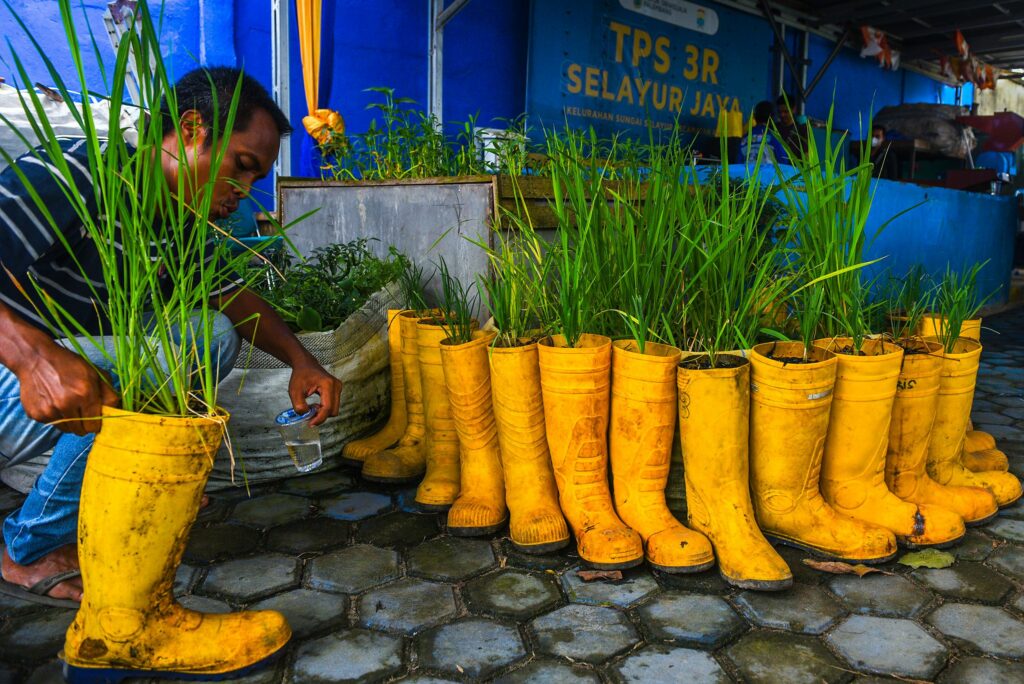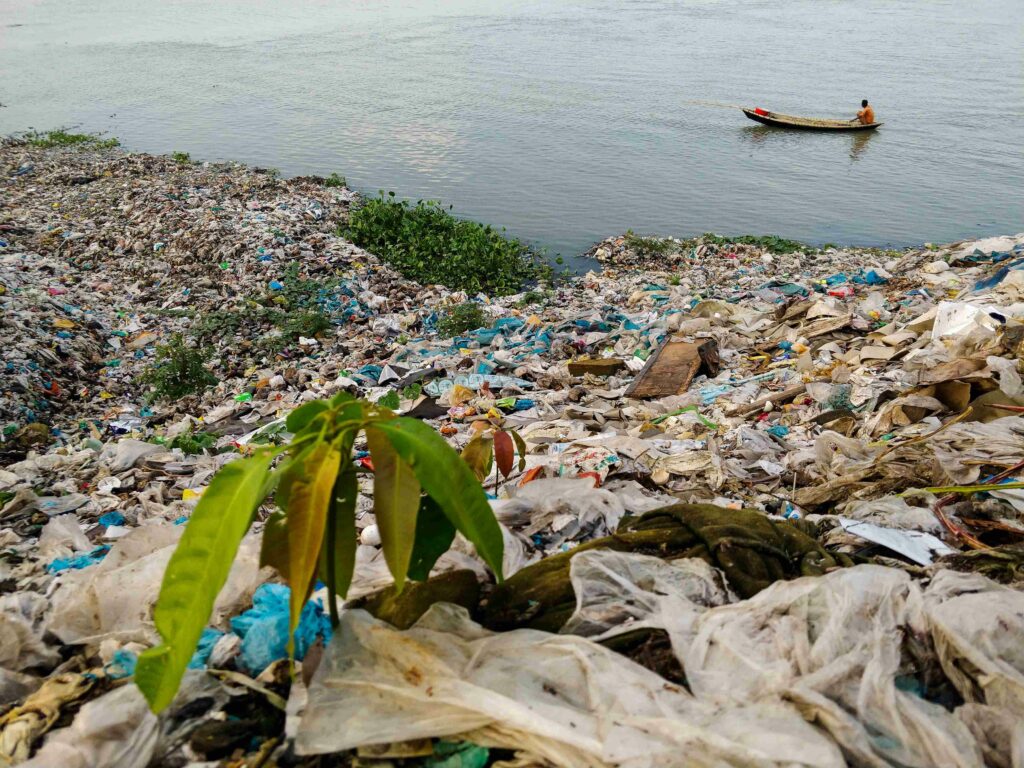To tackle climate change, biodiversity and pollution, we need to address their root causes and generate lasting change on the individual level, according to a recent report published by the Bonn-based UN University’s Institute for Environment and Human Security (UNU-EHS).
UNU-EHS operates as a think tank and is also engaged in education on Master level in cooperation with the University of Bonn. In previous reports, it warned about tipping points with irreversible impacts on the planet and pointed to how they are interconnected and also closely linked to human activities and livelihoods.
In the new report, presented at a virtual press conference (9 April), the UNU-EHS has shifted focus from diagnosing problems to mapping out solutions and outlines a theory for “deep change” which offers a ray of hope.
“Despite the damage we are doing to our plant, we aren’t taking meaningful actions,” says Prof. Shen Xiaomeng, Director of UNU-EHS. “We know climate change is worsening, yet fossil fuel consumption keeps hitting record highs. We already have a waste crisis, yet household waste is projected to double by 2050.”
The Theory of Deep Change (ToDC) takes the problems the world experiences and dives down to their root causes, identifying the structures and assumptions in society that allow them to persist. True change, the report emphasizes, starts at the roots. The authors relate the model to a tree, where the visible outcomes are the fruits, but the real issues lie at the roots: Rotten roots produce rotten fruits.
“Interventions such as recycling or conservation will remain inadequate because they are superficial fixes that do not address the root causes of waste and biodiversity loss,” exemplified Caitlyn Eberle, a Lead Author of the report. “Society cannot recycle its way out of the plastic crisis without questioning why so much plastic waste is produced in the first place.”
The key to overcoming challenges and barriers to change lies in recognizing that positive change can and does happen every day, and that systems can change because they are human-made.
“Change can be uncomfortable, but going backwards won’t solve the challenges of a rapidly evolving world,” explained Dr. Zita Sebesvari, another Lead Author of the report. “This report is not just about avoiding disaster – it’s about breaking free from the mindset of merely mitigating harm.”
“We limit ourselves when we focus only on preventing the worst, rather than striving for the best. By addressing the root causes of the problems, fostering global cooperation and believing in our collective power, we can shape a world where future generations do not just survive but thrive. It’s time for fresh thinking, and ultimately, turning over a new leaf.”

© Mushaful Imam_TUC_UNU-EHS
The figures speak for themselves. The world’s “take-make-waste” model is unsustainable, generating 2 billion tonnes of household waste annually – enough to fill a line of shipping containers wrapped around the equator 25 times. The report calls for a rethinking of the concept of “waste” and for shifting to a circular economy that prioritizes durability, repair and reuse.
The report warns that failure to keep resources in use can also affect their availability in the future. Lithium, which is used in batteries for e-vehicles and smart phones, is taken in great quantities, but currently rarely reused. Lithium reserves are currently estimated to be depleted by around 2050. At the same time, it is projected that over 75 % of lithium mined by 2050 will end up in the garbage.
The report gives also other examples, for example how to realign with nature instead of relentlessly exploiting it until it is destroyed, leading to deforestation, monoculture farming, factor farming, species extinction and ecosystem collapse.
A critical lever for change is reconsidering our individual responsibility. The world is a shared home to more than 8 billion people, but resources and opportunities are unevenly distributed. The negative impacts of unilateral decisions taken by governments and multinational companies in rich countries are felt everywhere, in particular by poor people in less developed countries.
This calls for a more equitable distribution of resources, reconsidering responsibility for individual and common actions, reimagining the future with more long-term thinking and redefining value by prioritizing well-being and ecological balance over economic growth and individual consumerism.
After the previous reports on tipping points, the authors felt that people might have lost hope and did not know what they could do to change course. The deep change theory was developed to serve as a guidance for actions that everyone can do and is based on previous models for social change Caitlyn Eberle told The Brussels Times.
The report is more than a traditional climate change report and shows that something better can happen despite all negative stories in media. Transformation can start at grass root level and on a small scale until it inspires others and is mainstreamed in society. In fact, positive change is already happening and we need to push for it, Caitlyn Eberle concluded.
M. Apelblat
The Brussels Times

